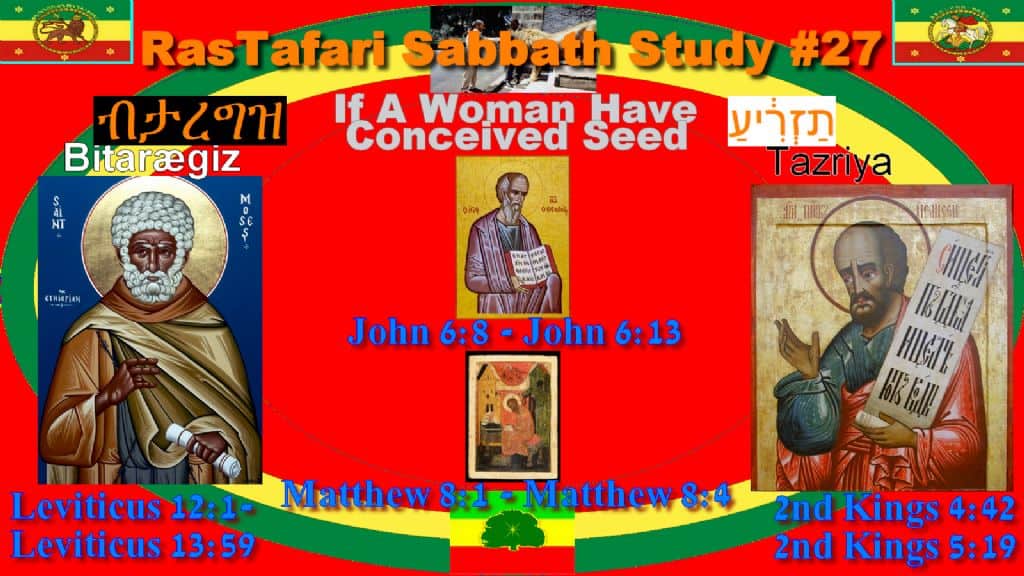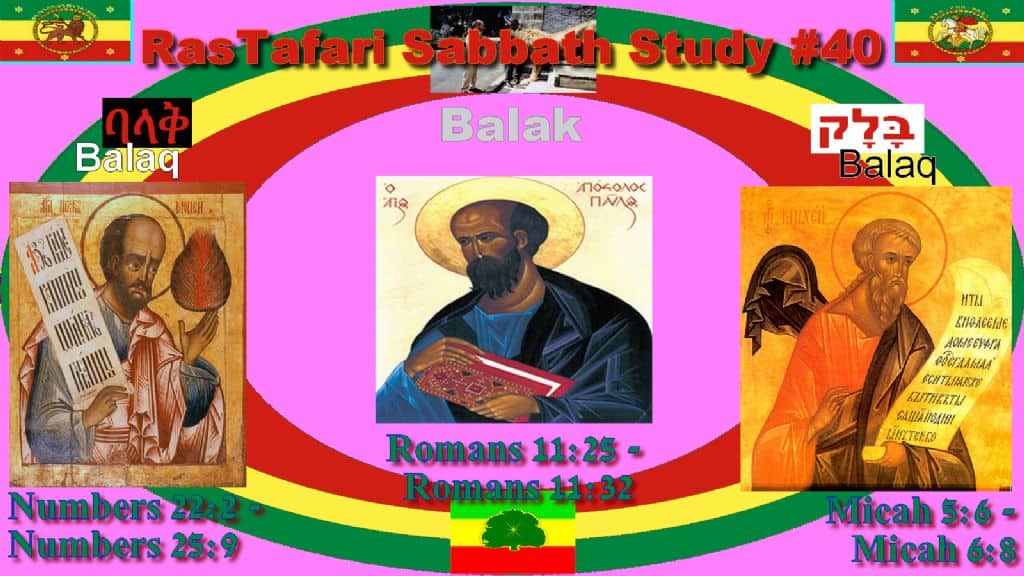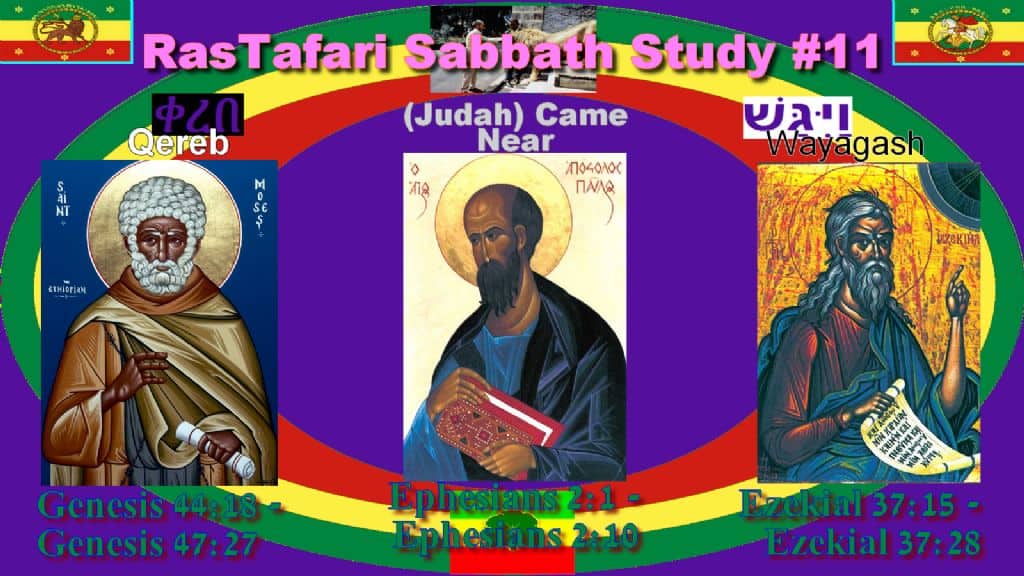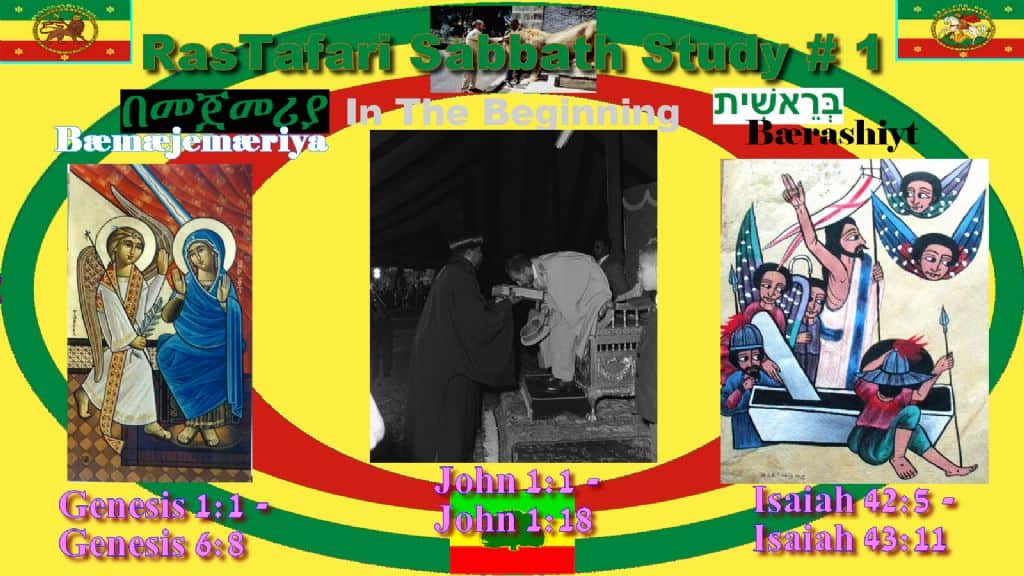This Week's Portion #42-43
Mattot-Massei | מטות-מסעי | "Tribes-Journeys of" ነገዶች-ጕዞ | Negedoch-Guzo [gw’zo]
*For a PDF version of All the Torah Portions Schedule, click here to download!
2. Prophets Reading
Jeremiah 1:1-2:3/Jeremiah 2:4-28; 3:4
3. New Testament Reading
Matt 5:33-37/James 4:1-12
Portion Outline - TORAH
- Numbers 30:1 | Vows Made by Women
- Numbers 31:1 | War against Midian
- Numbers 31:13 | Return from the War
- Numbers 31:25 | Disposition of Captives and Booty
- Numbers 32:1 | Conquest and Division of Transjordan
- Numbers 33:1 | The Stages of Israel's Journey from Egypt
- Numbers 33:50 | Directions for the Conquest of Canaan
- Numbers 34:1 | The Boundaries of the Land
- Numbers 34:16 | Tribal Leaders
- Numbers 35:1 | Cities for the Levites
- Numbers 35:9 | Cities of Refuge
- Numbers 35:16 | Concerning Murder and Blood Revenge
- Numbers 36:1 | Marriage of Female Heirs
Portion Outline - PROPHETS
- Jeremiah 2:4 | God Pleads with Israel to Repent
Portion Study Book Download & Summary
 BAMIDBAR Hebrew Book of Numbers - Torah Portion Vol.4 (FREE PDF)
BAMIDBAR Hebrew Book of Numbers - Torah Portion Vol.4 (FREE PDF)
Mattot The name of the forty-second reading from the Torah is Mattot (מטות), which means “tribes.” The name is derived from the words of Numbers 30:1, which says, “Then Moses spoke to the heads of the tribes of the sons of Israel.” Numbers 30 discusses the laws of vows and oaths. Numbers 31 tells the story of Israel’s war with Midian. Numbers 32 relates the story of how the Reubenites, the Gadites and the half-tribe of Mannaseh came to inherit the land east of the Jordan River. Except in biblical calendar leap years, Mattot is read together with the subsequent Torah portion, Massei, on the same Sabbath.
Massei The last reading from the book of Numbers is called Massei (מסעי), a word that means “journeys.” It comes from the first verse of the reading, which begins with the words “These are the journeys of the sons of Israel” (Numbers 33:1). Massei is the end of the continuous narrative of Torah that began in Genesis with the creation of the universe. The narrative does not resume until the end of Deuteronomy, when Moses dies.
The final reading in Numbers settles several last-minute details. In it we find a list of the encampments from Egypt to the plains of Moab. We also find instructions for apportioning the land, as well as the specifics regarding the borders of the land. While explaining the land and its borders, Moses introduces the laws of the cities of refuge and more inheritance laws. In most years, synagogues read Massei together with the preceding portion, Mattot, which accounts for the brevity of this portion’s commentary.
Portion Commentary - Mattot
The Sin of Triangulation
Thought for the Week:
"Take full vengeance for the sons of Israel on the Midianites; afterward you will be gathered to your people." (Numbers 31:2) Why did God want the Israelites to take vengeance on the Midianites?
Commentary:
In an effort to ensnare the Israelites, the Midianites and Moabites had sent their daughters to entice the men of Israel into worshipping Baal of Peor. The plan worked. Many Israelite men were led away by the seductive allure of the Moabite and Midianite women. They committed fornication with them and worshipped idols. Their wickedness incited the wrath of the LORD, who struck Israel with a devastating plague.
This explains why the LORD commanded Moses, "Take full vengeance for the sons of Israel on the Midianites" (Numbers 31:2), but it also raises another question. The Midianites were not solely responsible for the affair of Peor. They had been coconspirators with the Moabites. The Moabites also used their daughters to seduce the men of Israel, as Scripture says, "The people began to play the harlot with the daughters of Moab" (Numbers 25:1). Why then did God say, "Be hostile to the Midianites and strike them" (Numbers 25:17), and, "Take full vengeance ... on the Midianites" (Numbers 31:2), but regarding Moab He only said, "Do not harass Moab, nor provoke them to war" (Deuteronomy 2:9)? The Moabites and Midianites were responsible for the same sin, but one was singled out for punishment while the other was not.
The Moabites had a legitimate concern and grievance against Israel. The hosts of Israel had entered their land and were camping on their territory. Balak, the Moabite king, was afraid that the throngs of Israel were going to strip bare his land and conquer his kingdom. The Midianites, however, had no legitimate interests at stake in a fight with Israel. Their territory was not threatened, and Israel had done nothing against them. Rashi says, "The Midianites interfered in a quarrel that did not concern them."
The Midianites were not only guilty of the affair at Peor, they were also guilty of triangulation. This can be compared to a man who sees two dogs fighting in the street. He tries to stop the fight by grabbing one of the dogs by the ears. As a result, he gets bit by the dog. The Proverbs say, "Like one who takes a dog by the ears is he who passes by and meddles with strife not belonging to him" (Proverbs 26:17).
Triangulation happens when a person gets involved in a quarrel between other people. It happens when you pick up someone else's grievance and carry a grudge on their behalf. By imposing oneself in a situation that is not really your business, you needlessly place yourself in harm's way.
According to Rashi's explanation, God forgave the Moabites because they had a legitimate reason to fear and undermine Israel. He did not forgive the Midianites, though, because they had needlessly stuck their noses into someone else's business.
Portion Commentary - Massei
The Land of Israel
Thought for the Week:
"Command the sons of Israel and say to them, 'When you enter the land of Canaan, this is the land that shall fall to you as an inheritance, even the land of Canaan according to its borders.'" (Numbers 34:2)
Commentary:
Numbers 34 sketches out the borders for the land of Israel, which Joshua was to distribute among the nine and a half tribes that remained to be settled. The tribes of Reuben and Gad and half the tribe of Manasseh had already made claim to territories east of the Jordan. The Levites were not to receive tribal territory. Joshua and Eleazar were to cast lots to parcel out the land among the remaining tribes. Numbers 34:19-29 gives a list of the tribal leaders responsible for dividing the parcel among the clans and families of the tribe.
Updated 7/22/17 by Rastafari Rabbi
It is easy for many believers in Messiah to read about geographical Israel with little interest. Descriptions of the land grant seem inconsequential to us. (Note that the borders of the Israelitish land grant given in Num. 34:1-10 are not those described earlier to Abraham in Gen. 15:18-21. The larger land area promised to Abraham will be given after the Messiah, Christ in His Kingly character, returns to restore Zion during the Millennial Kingdom, Ezek. 47:15-48:35) After all, Christianity provides a spiritual inheritance in heaven (the parables of the Kingdom of Heaven being interpreted as the regenerated and newborn "state of mind," the Christ Mind or Consciousness), not simply an earthly inheritance. So why should true believers care about the land of Israel?
One reason we should take an interest in the promised land of Israel is because Israel's God does. The Bible is filled with details about this particular piece of real estate. The land of Israel is the stage on which the majority of the Bible is played out. In God’s Book, the land of Israel is a central concern. Therefore, if it matters to God, it should matter to His children.
When Christian believers first visit the land of Israel, like to Ethiopia, the gates of the African Zion, they typically say things like, “The Bible has become so real to me now,” or, “I never realized how much I was missing,” or “I feel like I’ve come home.” All true believers have a special relationship to the promised land (of Israel). It is the cradle of our faith. Our Master’s feet tread upon its soil and stones. It is God’s holy land in which He placed His city (Jerusalem) and His Temple and caused His presence to dwell.
For the Rastafari and any Black Jewish believer the connection is even more relevant. Not only is the promised land of Beta Israel the place of our spiritual origin, it is our literal inheritance in this world.
Christians have been making pilgrimages to the Holy Land since the first century. At RastafariGroundation.org, we encourage all believers in Messiah to make at least one visit to promised land of Beta Israel, with Ethiopia (Psalm 87:4). In a spiritual sense, the promised land of the Israelites is the homeland of all true believers. The presence of God permeates the land. It is “a land for which the LORD your God cares; the eyes of the LORD your God are always on it, from the beginning even to the end of the year” (Deuteronomy 11:12). The prophets say that when the Messiah comes, He will gather all the people of Beta Israel back to the promised land of Israelites.

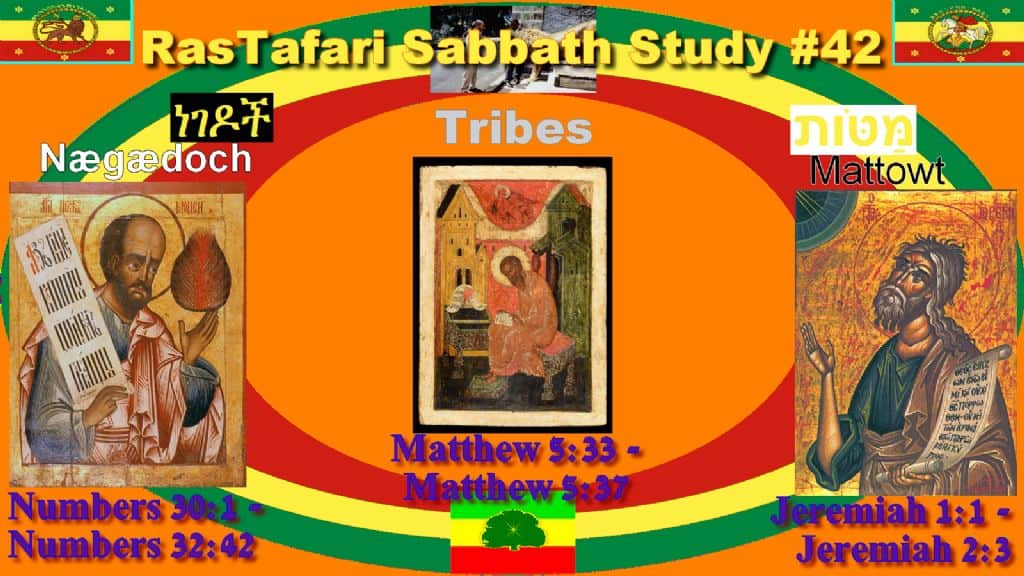




![Massei | מטות | "Journeys of" ጕዞ | Guzo [gw’zo] Massei | מטות | "Journeys of" ጕዞ | Guzo [gw’zo]](https://rastafarigroundation.org/wp-content/uploads/2019/03/Discipleship-Radi0-RasTafari-Bible-Readings-43_1.jpg)
![Massei | מטות | "Journeys of" ጕዞ | Guzo [gw’zo] Massei | מטות | "Journeys of" ጕዞ | Guzo [gw’zo]](https://rastafarigroundation.org/wp-content/uploads/2019/03/Discipleship-Radi0-RasTafari-Bible-Readings-43_2.jpg)
![Massei | מטות | "Journeys of" ጕዞ | Guzo [gw’zo] Massei | מטות | "Journeys of" ጕዞ | Guzo [gw’zo]](https://rastafarigroundation.org/wp-content/uploads/2019/03/Discipleship-Radi0-RasTafari-Bible-Readings-43_3.jpg)
